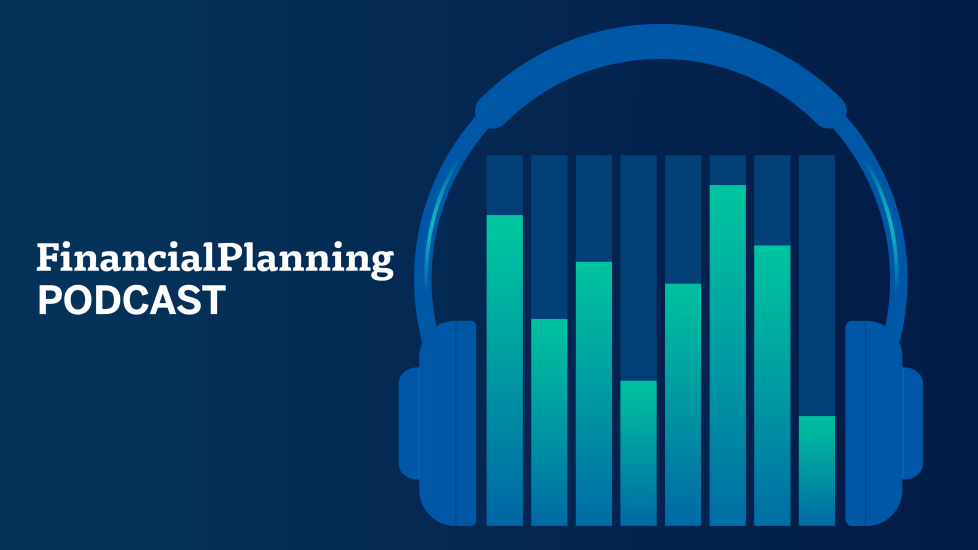Environmental, social and governance (ESG) investing has boomed in popularity over the past few years as clients seek to align their investments with their values and promote positive change in the world. But more recently, ESG investing hit a serious roadblock, facing political backlash and even laws banning state officials from investing public funds based on the criteria.
The tides turned quickly. As recently as 2018,
His statement led investments to flood into ESG funds, which promised to funnel the cash toward corporations that benefited — or at least didn't harm — the planet and humanity.
Read more:
Only a few years later, ESG investments became a political hot topic, with
"It's a fallacy that sustainable investing underperforms," Peter Krull, director of sustainable investments at
For financial advisors, one way to shore up authority when advising clients on socially responsible investing (SRI) is by becoming a
Read more:
Many who earn their CSRIC designation are already experienced financial advisors and certified financial planners but want to learn more about sustainable investing or ESG, Coombs said, adding that the CFP curriculum does not tend to have much information on climate and environmental concerns.
"I would love it if the CFP actually incorporated some of the climate considerations in insurance — that's a huge one that I wish would get brought up more often," she said.
As of December 2023, 1,315 students had enrolled in the program since 2018, and 1,055 of them graduated with the CSRIC.
"That 300 or so difference is largely from college students (from Georgetown and Denver University primarily) who have taken the CSRIC as an elective," Coombs said in an email to Financial Planning, adding that not all students sit for the final exam.
What other ways can your firm catch up on the fast-changing world of impact investing? Read more below on the latest strategies, news and methods.










